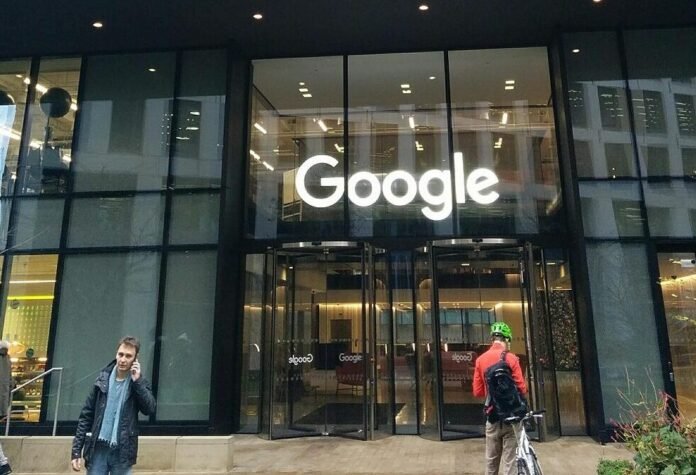Google’s AI mode lands in the UK, raising hopes and alarms about the future of human-led internet search
Google has officially rolled out its long-anticipated AI Mode in the United Kingdom, marking the next chapter in the company’s sweeping overhaul of how users interact with search results. Starting July 29, British users began seeing a new “AI Mode” tab within Google Search, both on desktop and in the Google app for Android and iOS.
The UK becomes the third country to get access to this feature, following the United States and India. But unlike its earlier releases, Google has skipped the Search Labs testing phase entirely in Britain. The launch is full and direct—signalling Google’s confidence that AI Mode is no longer experimental, but essential.
AI Mode isn’t just a new coat of paint on the familiar Google homepage. It represents a dramatic shift in how results are generated and displayed. The new interface draws on AI to provide deeper, broader responses, effectively carrying out background research for the user.
Rather than showing a list of blue links, AI Mode issues multiple related queries simultaneously. This “query fan-out” technique explores subtopics across various sources and assembles a comprehensive answer. According to Google, this offers “more breadth and depth of information” than standard search results.
Embed from Getty ImagesIt’s designed for those moments when a quick link just isn’t enough—when users are comparing, evaluating or exploring a topic in detail. The system uses multimodal inputs, allowing people to search using text, voice or images. It also supports conversational follow-ups, similar to what users have seen in AI Overviews and Google’s Gemini project.
That all sounds impressive, but not everyone is cheering. One growing concern is visibility: despite AI Mode operating in a separate tab, Google is currently logging its data in Search Console alongside traditional searches. For website owners and marketers, that means no clear way to tell how AI Mode is affecting traffic or engagement.
Even in India, where AI Mode exited Search Labs weeks ago, the same issue persists. The data is there—but it’s muddled. Analysts say this could make it significantly harder to track performance or adapt to the changing behaviours that AI-driven search introduces.
The move to the UK is part of a broader global rollout. Google has made it clear that AI Mode is not a temporary add-on—it’s the future of Search. More countries will see this update in the coming months as the platform moves beyond its Labs phase and becomes a default feature.
For now, British users have front-row seats to this shift. Whether that’s exciting or unnerving depends on who you ask. Some welcome the convenience of AI-curated answers. Others worry about the implications for content creators, online visibility, and the increasingly opaque nature of digital information.
Regardless of opinion, the trend is undeniable. Google is betting that AI-powered discovery will eventually replace the old way of searching—and the UK has just become its newest testing ground.
If you rely on Google for visibility—whether you’re a business, publisher, or developer—it’s time to start experimenting with AI Mode. This isn’t just an interface update. It’s the beginning of a new kind of internet.
